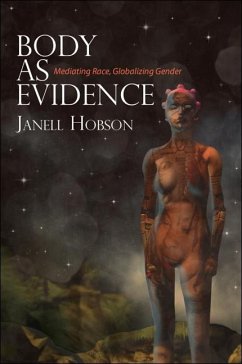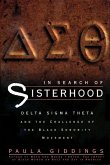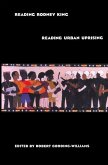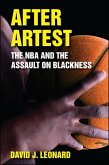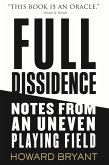In Body as Evidence, Janell Hobson challenges postmodernist dismissals of identity politics and the delusional belief that the Millennial era reflects a "postracial" and "postfeminist" world. Hobson points to diverse examples in cultural narratives, which suggest that new media rely on old ideologies in the shaping of the body politic.
Body as Evidence creates a theoretical mash-up of prose and poetry to illuminate the ways that bodies still matter as sites of political, cultural, and digital resistance. It does so by examining various representations, from popular shows like American Idol to public figures like the Obamas to high-profile cases like the Duke lacrosse rape scandal to current trends in digital culture. Hobson's study also discusses the women who have fueled and retooled twenty-first-century media to make sense of antiracist and feminist resistance. Her discussions include the electronica of Janelle Monáe, M.I.A., and Björk; the feminist film odysseys of Wanuri Kahiu and Neloufer Pazira; and the embodied resistance found simply in raising one's voice in song, creating a blog, wearing a veil, stripping naked, or planting a tree. Spinning knowledge out of this information overload, Hobson offers a global black feminist meditation on how our bodies mobilize, destabilize, and decolonize the meanings of race and gender in an increasingly digitized and globalized world.
Body as Evidence creates a theoretical mash-up of prose and poetry to illuminate the ways that bodies still matter as sites of political, cultural, and digital resistance. It does so by examining various representations, from popular shows like American Idol to public figures like the Obamas to high-profile cases like the Duke lacrosse rape scandal to current trends in digital culture. Hobson's study also discusses the women who have fueled and retooled twenty-first-century media to make sense of antiracist and feminist resistance. Her discussions include the electronica of Janelle Monáe, M.I.A., and Björk; the feminist film odysseys of Wanuri Kahiu and Neloufer Pazira; and the embodied resistance found simply in raising one's voice in song, creating a blog, wearing a veil, stripping naked, or planting a tree. Spinning knowledge out of this information overload, Hobson offers a global black feminist meditation on how our bodies mobilize, destabilize, and decolonize the meanings of race and gender in an increasingly digitized and globalized world.
Dieser Download kann aus rechtlichen Gründen nur mit Rechnungsadresse in A, D ausgeliefert werden.

